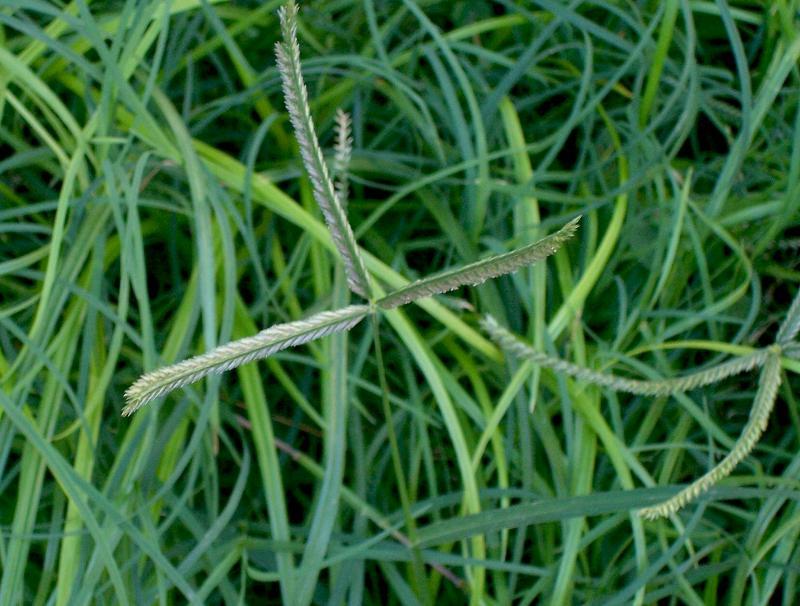Inefficient use of crops’ essential nutrients especially, phosphorus in acid soils of Malaysia and elsewhere is related to high contents of aluminium and iron ions because they are fixed by these ions. The conventional method of managing for example, phosphorus fixation by aluminium and iron ions is through the use of large amounts of lime and phosphate fertilizers to saturate aluminium and iron ions. Because this practice of controlling nutrient fixation entails wastage through excessive use of non-renewable or finite resources such as inorganic limes and chemical fertilizers, the existing practice is neither economically viable nor environmental friendly. Moreover, cultivation of crops such as maize or rice leads to production of significant amount of agro-wastes. These agro-wastes are commonly burned in situ after crop harvest. This practice has been implicated in the environmental pollution. Burning of agro-wastes releases hazardous greenhouse gases and particles into the atmosphere. This causes numerous health and environmental problems. To ensure significant improvement in the well-being of farmers, we were motivated to come out with an intervention to improve soil and crop productivity not only in terms of yield and soil quality but to also reduce cost of production such that the livelihood and economic income of the farmers are significantly improved. Therefore, the transformation of the existing agro-wastes into organic amendments/conditioners.
The on-going national and international efforts to achieve biological agriculture through optimum productivity of soil and soils with minimum inputs which translate into significant improvement in the socio-economic livelihood of most farmers and nations remain a formidable challenge. One of the causes of poor crop yield and income of farmers is poor soil quality because low organic matter, high soil acidity, and significant aluminium, iron, and manganese toxicity. Soil acidity and aluminium and iron toxicity do not only destroy crop roots but they also lock-up essential nutrients such as phosphorus from being available to crops. To overcome these problems, farmers do liming followed by unbalanced inorganic fertilization, yet the desired soil and crop productivity of their farms are below economic threshold. On the other hand, crop production produces huge amount of wastes and are commonly burned in situ. This practice had been implicated in the on-going soil, water, and air pollution.
To this end, we have transformed pineapple, sago, oil palm, fruits, and vegetables, paddy husk, and rice straw wastes into organic amendments/conditioners which are able to improve soil and crop productivity by conditioning soils from soil acidity, and aluminium amd iron toxicity. What is special about our innovation is that for example, following adoption of our approach during land preparation for pineapples, maize/corn, vegetables, and rice cultivation, it doubles yield (e.g. from 6 t/ha to 12 t/ha fresh corn), reduces fertilizer use, liming, labour cost, and harvest time. It also improves grain filling and soil quality besides contributing to reduction of environmental pollution through excessive use of inorganic fertilizers. Moreover, our technology is economically viable because based on Net Present Value (NPV) analysis, farmers can obtain NPV value of RM550.00 compared with the existing NPV value on only RM170.00. Another encouraging aspect of innovation is that it is licensed to a company in Malaysia. We have also protected our innovation in Malaysia, Thailand, Indonesia, Europe, and the United States. Our ultimate goal is to contribute to the achievement of food security in Malaysia in addition to significant improvement in farmers’ income and standard of living besides reducing the national fertilizer import bill and the unbalanced use of inorganic fertilizers and open burning of agro-wastes.
ADVANTAGES
- Our innovation/technology ensures for example, maize yield of 12 t ha-1 compared with the existing yield of 6 t ha-1, Malaysia
- Our technology is economically viable because based on Net Present Value (NPV) analysis, farmers can obtain NPV value of RM550.00 compare with the existing NPV value on only RM170.00.
- Our intervention reduces cost of production in the form labour because, ensures earlier rice harvest by 10 days
- Our innovation also reduces cost of production by avoiding chemical liming to reduce soil acidity
- It rejuvenates toxic and acid soils to improve soil and crop productivity
- Our technology ensures in situ recycling of agro-wastes compared with the conventional open burning
- Our approach reduces excessive use of inorganic fertilizers to minimize soil, water, and air pollution besides contributing to reduction of the fertilizer bill of Malaysia.
Prof. Dr. Ahmed Osumanu Hrauna
Agriculture, Science and Technology, UPM Bintulu Campus Sarawak
osumanu@upm.edu.my
Tarikh Input: 27/02/2020 | Kemaskini: 27/02/2020 | asrizam
PERKONGSIAN MEDIA
























